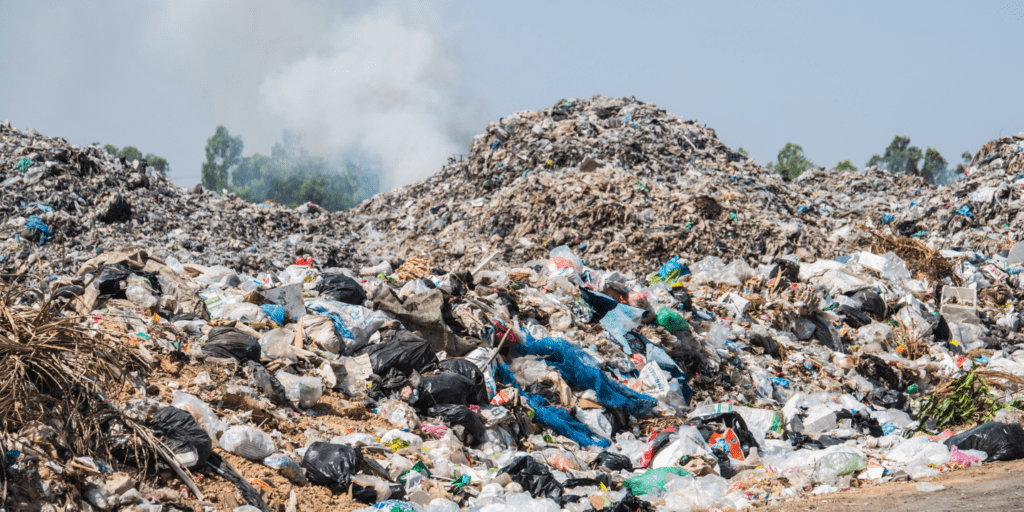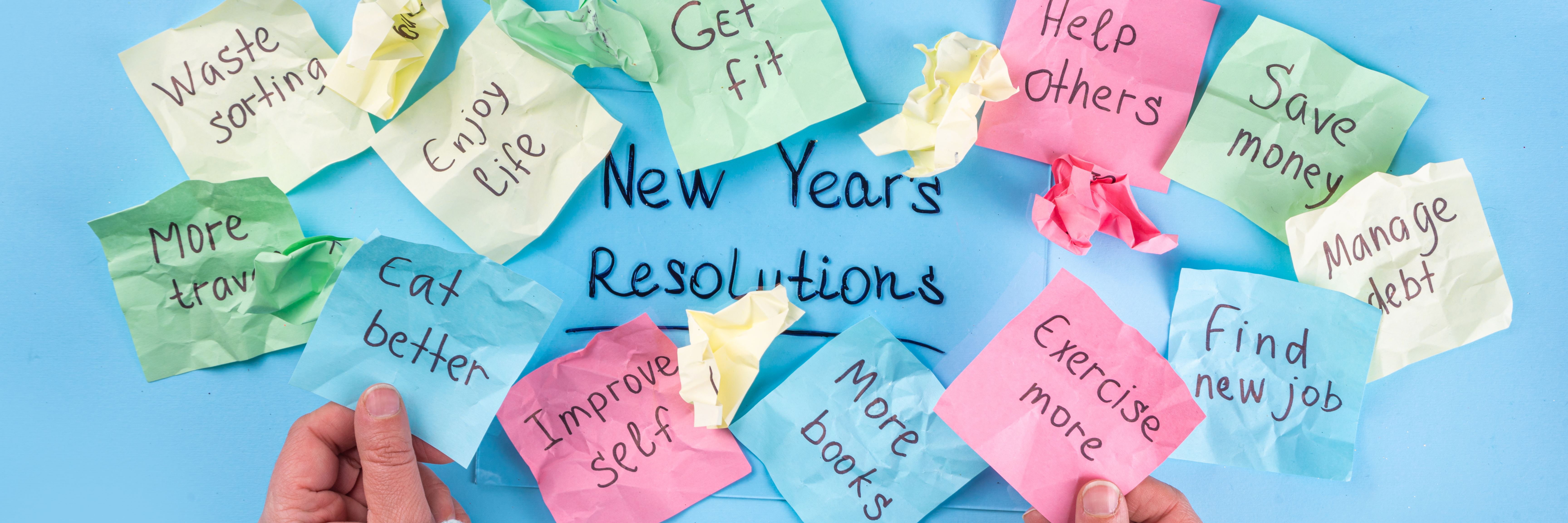
New Year, New Me
It’s January, the start of a new year, and it’s got us all re-evaluating our life choices. People often use the new year to make changes in their life, such as their diet, exercise regime, or career path. We often hear the phrase ‘New Year, New Me’ in casual conversation and plastered over social media. Among the top trending hashtags at this time of year are #newyearnewme, #newyearsresolution and #motivation. This goes to show that if you’re planning to make a change in your life, now is the best time to do it. But what if your motivations are more environmental than career driven? Perhaps you’ve never even thought about your environmental impact, and have no idea where to start? There’s no time like the present, so let’s kick off the new year by forging better habits for the environment and making more mindful choices regarding the waste we produce. Did you know that each person in the UK throws away five times their body weight in waste per year? While this is a vast amount, all is not lost. Suppose we all gradually shift towards conscious consumerism. In that case, we will see a reduction in this statistic over time, not just from the consumers themselves, but from manufacturers catering to supply and demand.
What Is Conscious Consumerism?
Often called ethical, green, or mindful consumerism, conscious consumerism is the practice of deliberately making purchasing decisions believed to have a positive social, economic, and environmental impact. Simply put, shopping with sustainability in mind. The ‘bag for life’ movement is an example of government-imposed conscious consumerism to reduce plastic pollution in the UK. We all remember when plastic shopping bags in supermarkets used to be free, but a change in legislation in 2015 introduced the carrier bag charge, with a fee of 5 pence per single-use plastic carrier bag (this has since risen to 10p). This prompted most of us to purchase ‘bags for life’ and bring them with us to do the weekly shop. However, it hasn’t been an easy transition, as the shift in consumer behaviour and forming new habits can take time. You still see signage outside major supermarkets asking, “have you remembered your bags?” which can often prompt shoppers to swiftly turn around and retrieve them from their cars. There has also been a shift from plastic to paper or compostable bags from the supermarkets as an alternative single-use bag, as they were exempt from this new law. DEFRA‘s (Department for Environment, Food & Rural Affairs) data shows that in the year April 2019 – April 2020, there was a reduction of over 95% in the number of plastic carrier bags from the leading retailers since the legislation was put in place.
I Can’t Live a Zero-Waste Lifestyle Because…
There are many common misconceptions about living a zero-waste lifestyle, namely, “it’s expensive”, “it won’t make a difference”, and “zero-waste products don’t work”. Each of these myths is easily proven untrue. To start, a portion of the cost of each pre-packaged item is for the packaging itself, which ends up going straight in the bin. When you buy zero-waste, particularly food items, you only pay for the product. Pair this with the fact that zero-waste retailers are sourcing their products locally and sustainably, thus reducing shipping expenses for the end user. Zero-waste is about longevity and extended consumer value, so a plastic water bottle that’s convenient to buy and then toss might be cheaper than a stainless steel water bottle, but over the many years of its working life, the latter will likely pay for itself and then some. Our second myth is even easier to debunk, the notion that living a zero-waste or sustainable lifestyle won’t make a difference to the environmental situation we all face. Every market trend starts with consumers voting with their feet, so taking personal responsibility and encouraging others to do so will make a more significant impact than you’d expect. Our third myth, the idea that zero-waste products don’t work, is the easiest to disprove. We’ll just let the suggestions below speak for themselves!
Make a New Year’s Resolution You Can Stick To
One of the first places people often make the switch to zero waste is in the bathroom, and for makeup wearers, one of the easiest like-for-like swaps is replacing single-use wipes with reusable makeup remover pads. This set of 12 bamboo facial pads from Emma’s Soap’s Make a Change range comes packaged in its own washbag, ideal for keeping them all together when you throw them in the machine with your regular washing. Perfect to use with your favourite facial cleanser or even a refillable micellar water, and can be washed and reused up to 500 times. Did you know that disposable makeup wipes contain a mix of polyester and polypropylene, which prevent them from biodegrading? This means that the 11 billion wet wipes we’re binning every year can sit in landfills for up to 100 years! It’s clear that making this easy swap can not only save you money in the long run, but save our landfills a ton of waste that will last way beyond our lifetimes. Once these makeup remover pads have come to the end of their working life, they are 100% biodegradable and compostable, so the choice is yours for safe disposal.
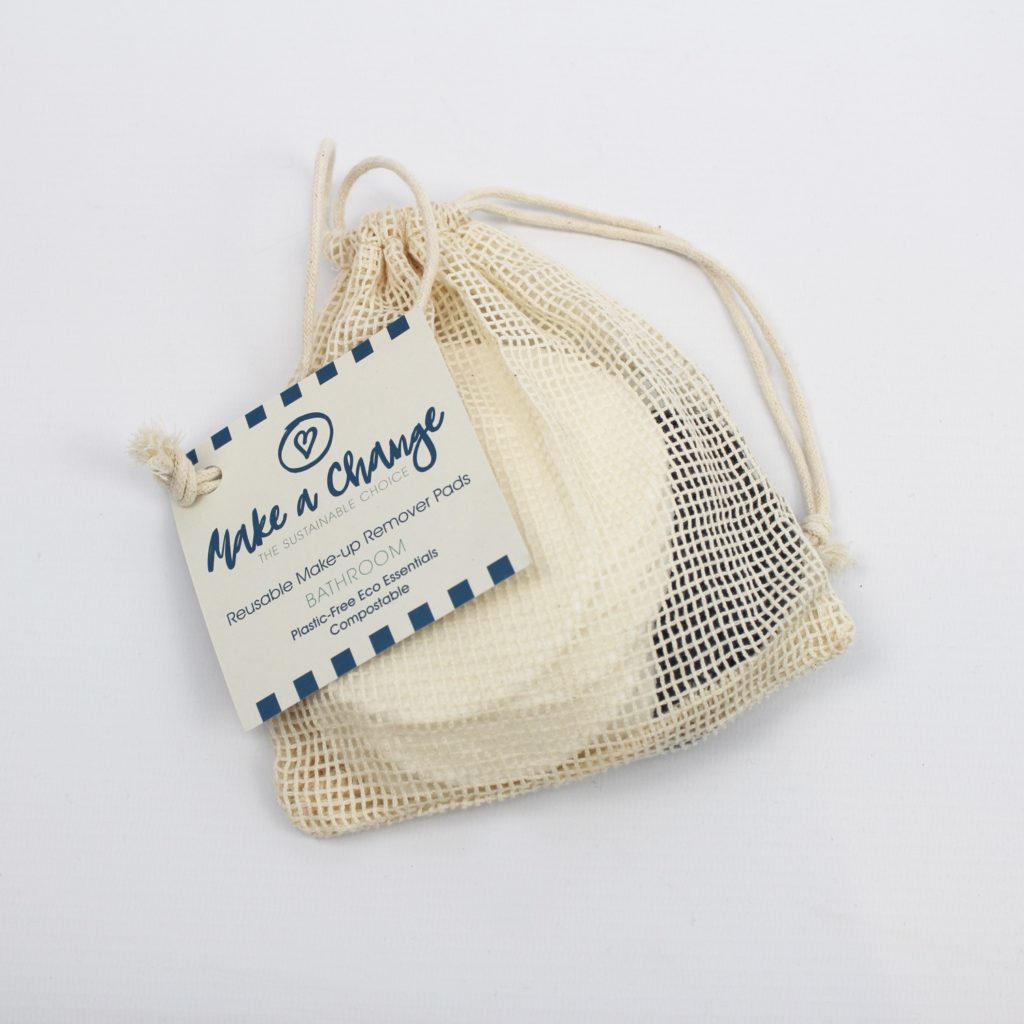
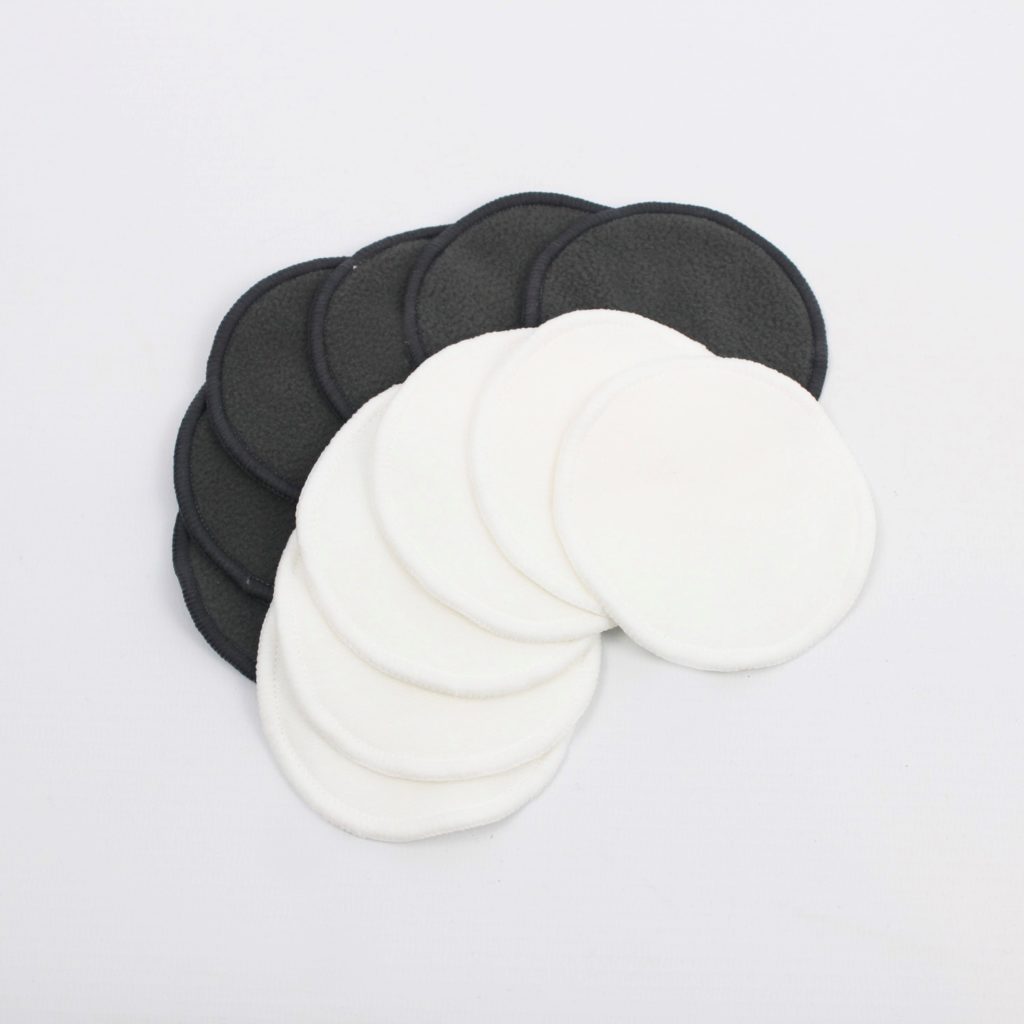
Another easy bathroom swap is solid soap and shampoo bars instead of bottled hand soaps, shower gels and shampoos. It has been found that in the UK, bathrooms alone are home to more than 152 tonnes of empty plastic bottles, about the weight of the average blue whale! Banish the plastic in favour of biodegradable with Bathing Beauty’s Seville Soap and Deep Cleansing Shampoo Bar. The sustainably grown wooden packaging for the Seville Soap is fully compostable and biodegradable, but can even be reused before disposal. The soap itself is made by hand, using traditional cold processing techniques. Naturally scented with sweet orange and cinnamon essential oils, this refreshing soap bar is vegan and cruelty-free. The convenient ‘soap on a rope’ style shampoo bar is enriched with Rhassoul Clay, a gentle cleanser used for centuries by Berber women, plus green tea, which acts as an astringent for deep cleansing. This delightful shampoo bar is naturally scented with lemon and rosemary essential oils, and arrives packaged in a hand-printed cotton drawstring bag, ideal for reuse.
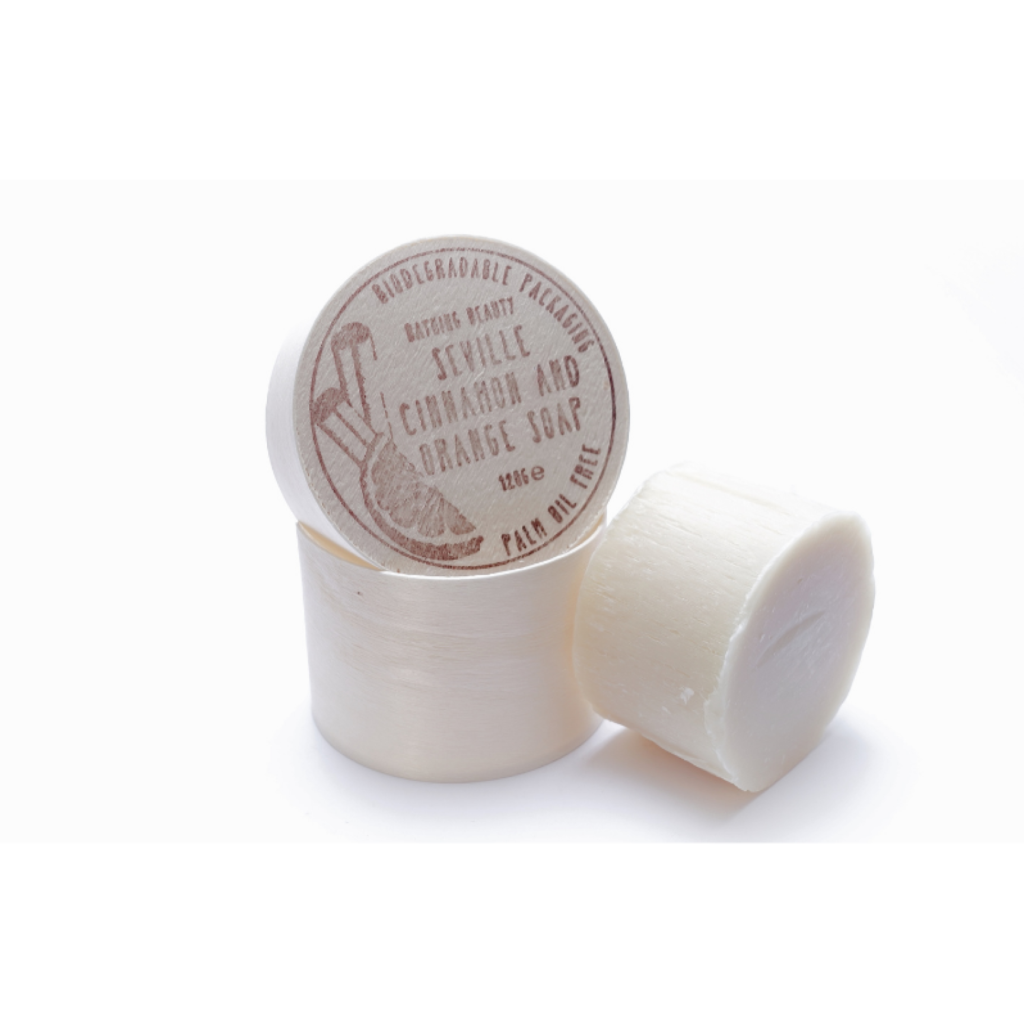
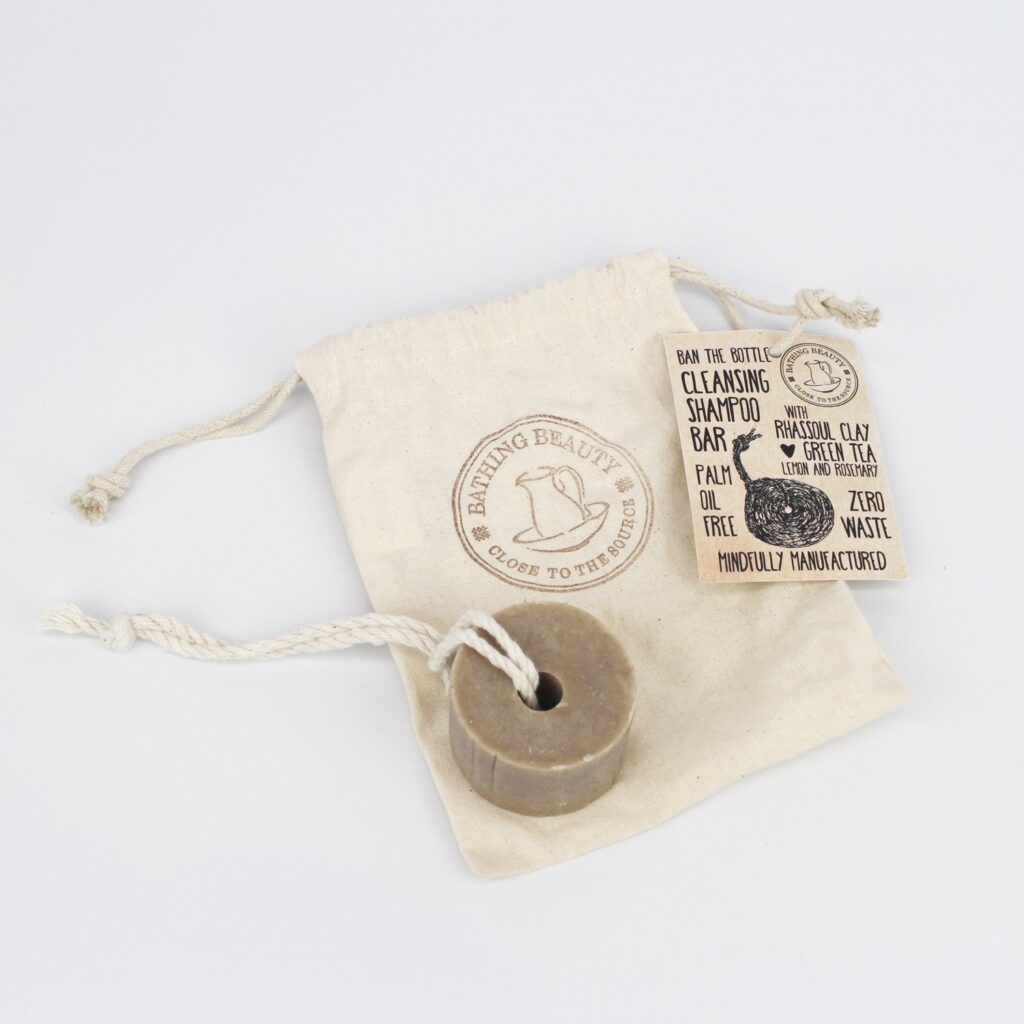
Of course, there are other areas to bring a zero-waste mindset into your life. How about switching up your lunch routine for work? Do you often opt for convenience foods such as pre-packaged sandwiches or salads? While not quite as convenient, swapping to homemade lunches packed in a reusable lunchbox can save a lot of money in a short amount of time. This bento-style glass lunchbox comes with a belt to secure it closed, and a metal separator to keep your sandwiches from getting soggy. The silicone seal around the bamboo lid keeps the lunchbox watertight, and is coloured to match the cotton strap. How about adding a stainless-steel cutlery set to match, and banish those single-use plastic knives, forks and spoons for good? This high quality set comes in a handy cotton pouch with a magnetic closure, perfect for taking with you on the go. The cutlery set can even be secured underneath the cotton strap on the lunchbox, keeping it all together for ease of use.
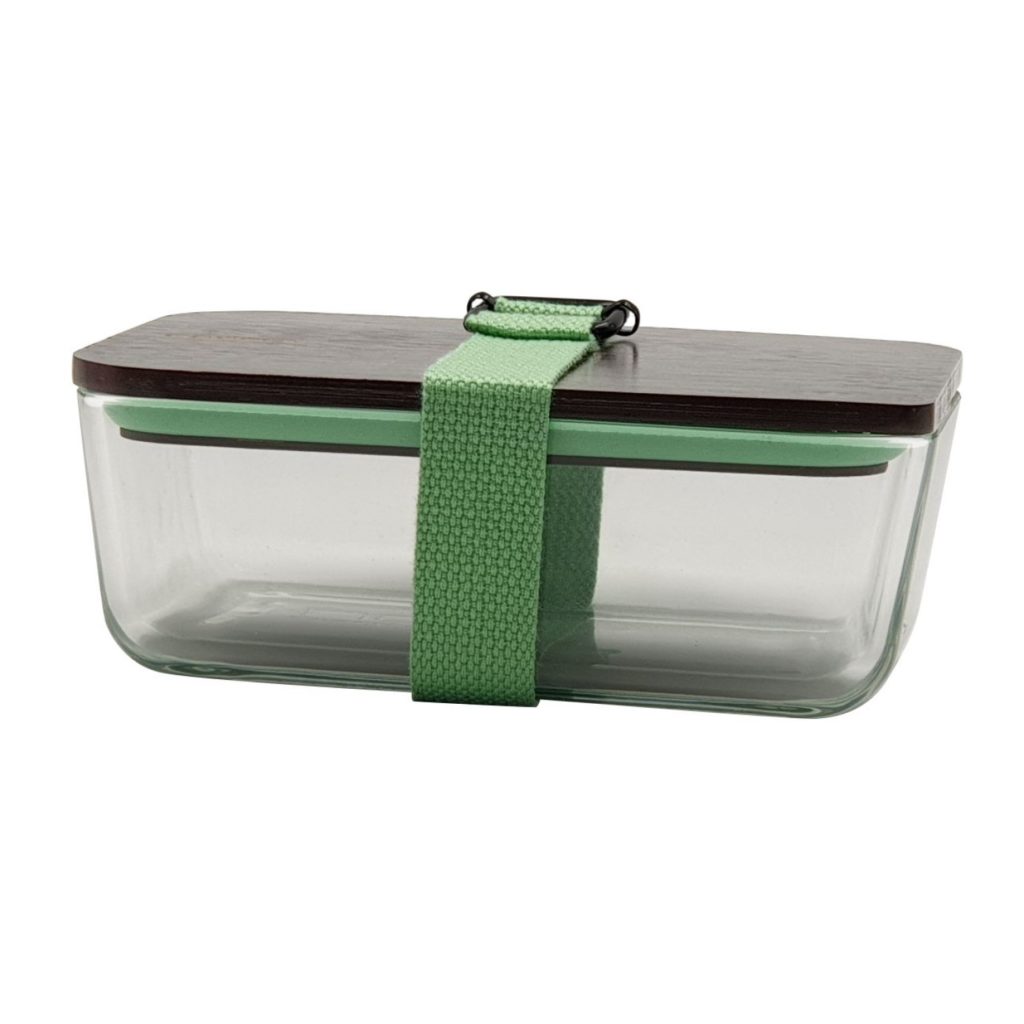
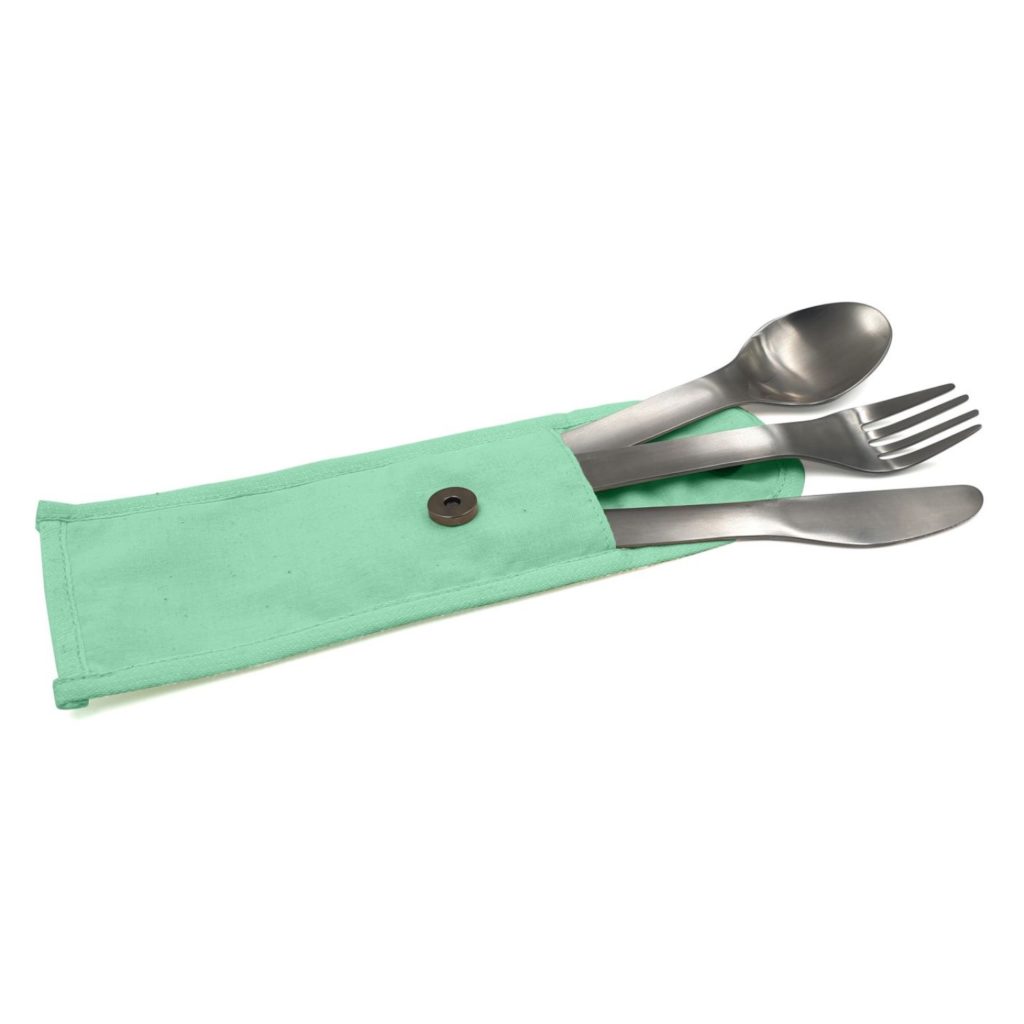
If I Buy Online, Am I Adding To The Problem?
We at the Boutique take our environmental impact very seriously. When you place an order with us, we will use recycled packaging where we can, and use biodegradable packing materials such as corn starch packing ‘peanuts’ and paper box tape. We also dispatch all orders with a courier committed to a 100% carbon-neutral delivery service. Additionally, we use a ‘Zero to Landfill’ waste management system across our entire head office site in Devon, ensuring that none of our waste goes to landfill, and some is even used to create green energy at a local waste processing site. On top of all this, we strive to promote zero-waste and products that are local to us in our range, supporting our small business suppliers where we can.

